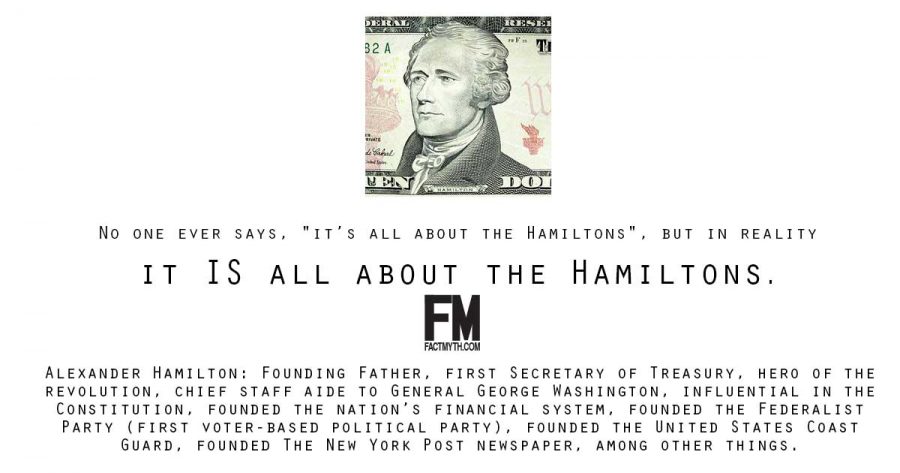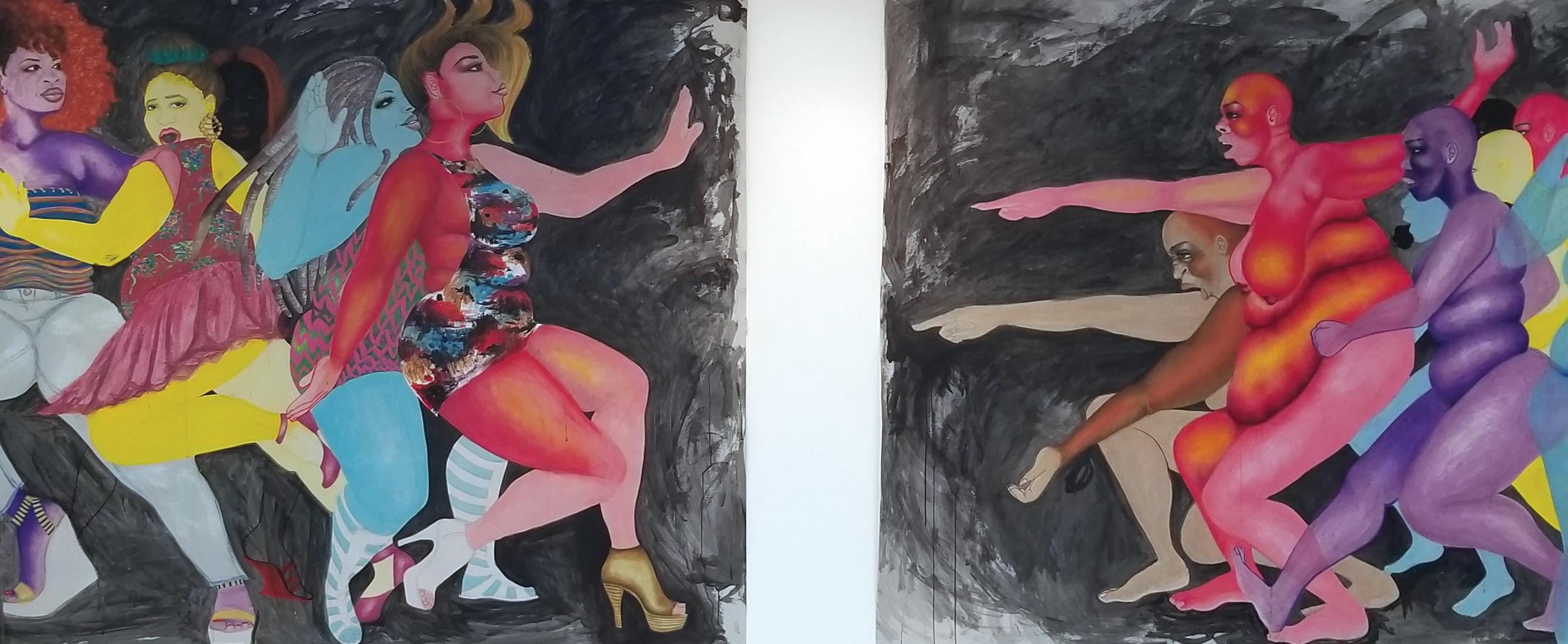Hamilton: Who is the real hero?
“How does a bastard, orphan, son of a whore and a Scotsman, dropped in the middle of a forgotten spot in the Caribbean by providence, impoverished, in squalor, grow up to be a hero and a scholar?”
“How does Hamilton, an arrogant, immigrant, orphan bastard, whoreson, somehow endorse Thomas Jefferson, his enemy, a man he’s despised since the beginning, just to keep me from winning?”
So says Aaron Burr in the smash hit musical Hamilton, speaking about Alexander Hamilton.
Clearly, Burr’s opinion of Hamilton is not very good, and aside from his obvious prejudiced attacks, the audience can be inclined to agree with some of Burr’s harsh words. How does Hamilton, an arrogant, loud-mouthed, impulsive, foolish man, with no money to his name, end up married to Elizabeth Schuyler, a girl of wealth, good social standing, and great intelligence?
While historians tend to refer to Hamilton as complicated, the musical doesn’t show him as such. He is shown as a loud, self-important man who will stop at nothing to achieve his goals. Rather than have his name besmirched by his enemies, Hamilton chose to broadly publish details of his extramarital affair, putting his own career interests above the feelings of his wife, who had to endure not only heartbreak but public humiliation.
Through all his wild antics, the one constant in his life was his wife, Elizabeth. She is portrayed as a sweet and kind lady, full of intelligence and spirit.
One of the most emotional moments in the musical is the song, “Burn.” It is set after the pamphlets of Hamilton’s infidelity have made their way around, and Eliza has been very publicly humiliated. She sings about how much she believed in him, and how she had kept all the letters he sent her. At the end of the number, she burns up the letters and “writes herself out of the narrative.”
Historically speaking, Elizabeth staying with Hamilton after the scandal equated to her forgiving him, and according to womenhistoryblog.com, her forgiving him was the only reason his career wasn’t ruined forever.
Alexander passes down his hubristic approach to life to his son, Phillip. When the boy’s schoolmate speaks badly of his father, Phillip tells Alexander about it. The latter does little to discourage his son from dueling for his honor, in fact, he gives him tips and almost seems to egg him on.
Phillip is fatally shot during the duel, and both his father and mother are at his side as he dies the next day.
Rather than hate her husband and blame him for their son’s death, Eliza takes his hand, and together they are able to get through the terrible tragedy.
And when Alexander himself dies in the same way his son did, defending his honor in a duel, again Eliza is not bitter. Instead, she gathers all of Hamilton’s documents and tells his story to all who will listen, thus continuing his legacy and ensuring his place in American history books.
As playgoers leave the theater, the question lingers in their minds. Is Alexander Hamilton really the star of the show? Or was the musical called “Hamilton”, because Eliza Hamilton was the true heroine of the story? (Make evaluation).








